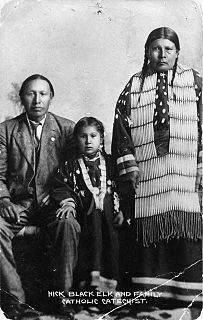A Quote by Henry Ward Beecher
Morality is character and conduct such as is required by the circle or community in which the man's life happens to be placed. It shows how much good men require of us.
Related Quotes
The only way your powers can become great is by exerting them outside the circle of your own narrow, special, selfish interests. And that is the reason of Christianity. Christ came into the world to save others, not to save himself; and no man is a true Christian who does not think constantly of how he can lift his brother, how he can assist his friend, how he can enlighten mankind, how he can make virtue the rule of conduct in the circle in which he lives.
To point out the importance of circumspection in your conduct, it may be proper to observe that a good moral character is the first essential in a man, and that the habits contracted at your age are generally indelible, and your conduct here may stamp your character through life. It is therefore highly important that you should endeavor not only to be learned but virtuous.
The Universe is circles within circles, and everything is one circle, and all the circles are connected to each other. Each family is a circle, and those family circles connect together and make a community, and the community makes its circle where it lives on the Earth. It (the community) cares for that part (of the Earth) but cares for it as a circle - which is to say in a cooperative and egalitarian way, where everybody is cared for, and everybody is respected.
The republican principle demands that the deliberate sense of the community should govern the conduct of those to whom they intrust the management of their affairs; but it does not require an unqualified complaisance to every sudden breeze of passion or to every transient impulse which the people may receive from the arts of men, who flatter their prejudices to betray their interests.
Women of fashion and character--I do not mean absolutely unblemished--are a necessary ingredient in the composition of good company; the attention which they require, and which is always paid them by well-bred men, keeps up politeness, and gives a habit of good-breeding; whereas men, when they live together without the lenitive of women in company, are apt to grow careless, negligent, and rough among one another.
Our German language has a word which in a magnificent way denotes conduct based on this spirit: doing one's duty [Pflichterfüllung]-which means serving the community instead of contenting oneself. We have a word for the basic disposition which underlies conduct of this kind in contrast to egoism and selfishness-idealism. By 'idealism' we mean only the ability of the individual to sacrifice himself for the whole, for his fellow men.
The moral absolutes rest upon God's character. The moral commands He has given to men are an expression of His character. Men as created in His image are to live by choice on the basis of what God is. The standards of morality are determined by what conforms to His character, while those things which do not conform are immoral.




































